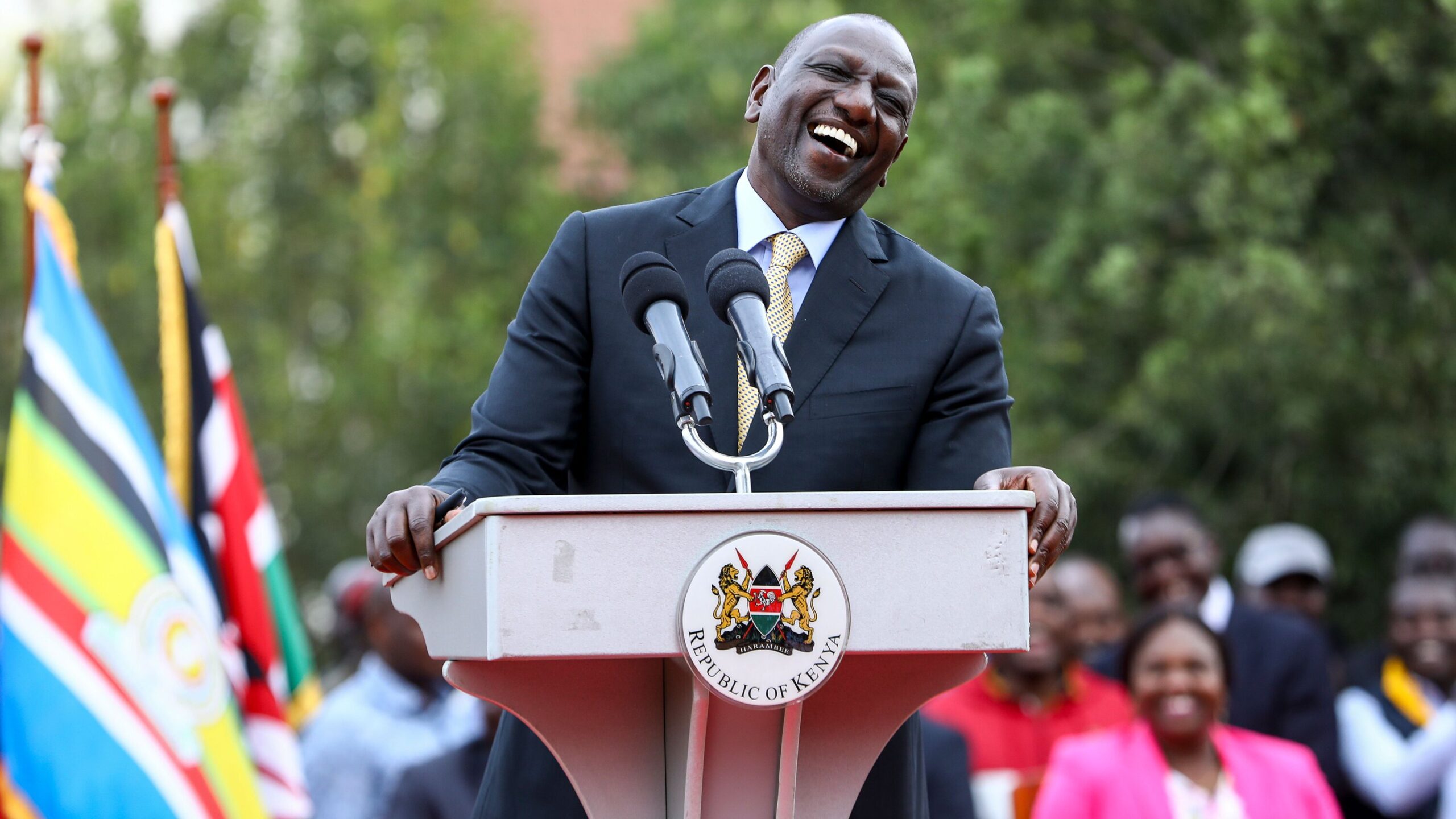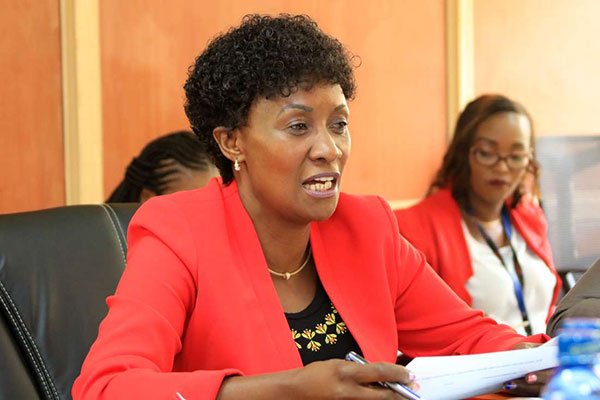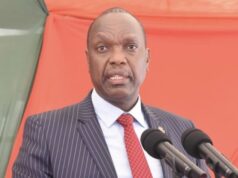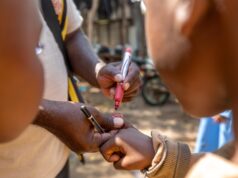Kenyan President William Ruto launched a low-interest credit scheme to boost financial access for the country’s poorest citizens, fulfilling a key campaign promise made to voters.
Ruto, who once sold chickens on the roadside, had painted the August 9 poll as a battle between ordinary “hustlers” and elite political dynasties and had vowed to lift the lives of Kenyans battling high inflation and unemployment.
The 50-billion-shilling ($408-million) “hustler fund” will offer personal loans of up to 50,000 shillings to any Kenyan with a cellphone and a mobile money account, with interest charged at eight percent a year.
Ruto said the fund was part of his government’s plan “to create opportunities for millions at the bottom of our economic pyramid to work their way up and fulfil their aspirations.”
“More affordable credit will promote borrower confidence and inject significant amounts of money into productive activity throughout the economy,” he told reporters.
The fund will eventually also offer small-scale enterprises and start-ups access to credit, with those loans set to be launched by the end of May next year.
The new fund will require borrowers to set up a savings account, with five percent of the loan amount automatically going into a personal savings scheme, to which the government will contribute a maximum of 6,000 shillings per year.
Since his inauguration in September, Ruto has struggled to implement his campaign promises in a country facing record drought, a cost of living crisis and a $70-billion debt mountain.
He has slashed food and fuel subsidies introduced by his predecessor Uhuru Kenyatta and pledged to overhaul Kenya’s income tax regime so high earners will have to pay more to help reduce inequality.
Kenya is the most dynamic economy in East Africa but many of its people endure financial hardship, with about a third of the population living in poverty.
Prices for basic goods rocketed following the Covid pandemic and in response to the war in Ukraine, and unemployment remains a major problem, particularly among the young.
Inflation soared to a five-year high of 9.6 percent in October, while the currency is at record lows at around 122 shillings to the US dollar.
Source: eNCA
In other news – State to hire additional 30 000 teachers for junior secondary
Teachers Service Commission will now hire additional teachers to primary schools.
The Presidential Working Party on Education Reform has directed the hiring of additional 30,000 teachers for the junior secondary category. Learn more



















